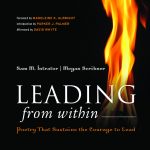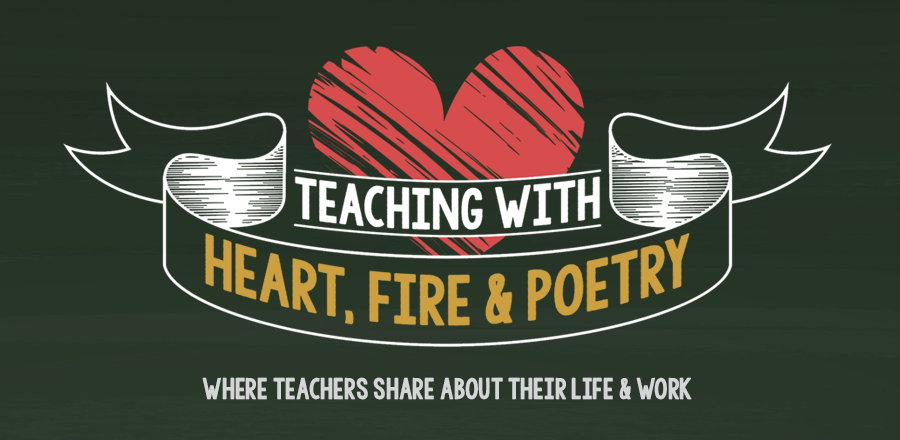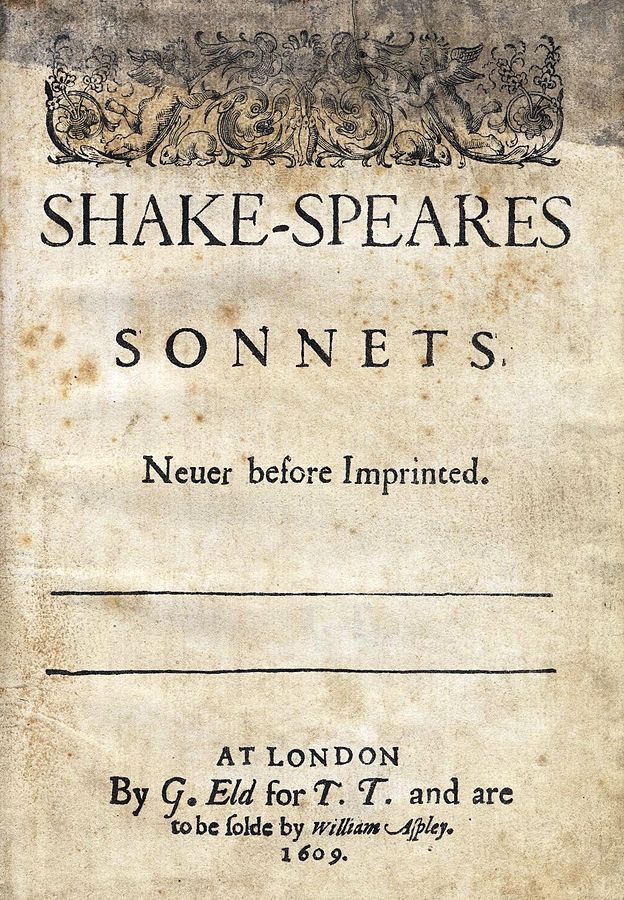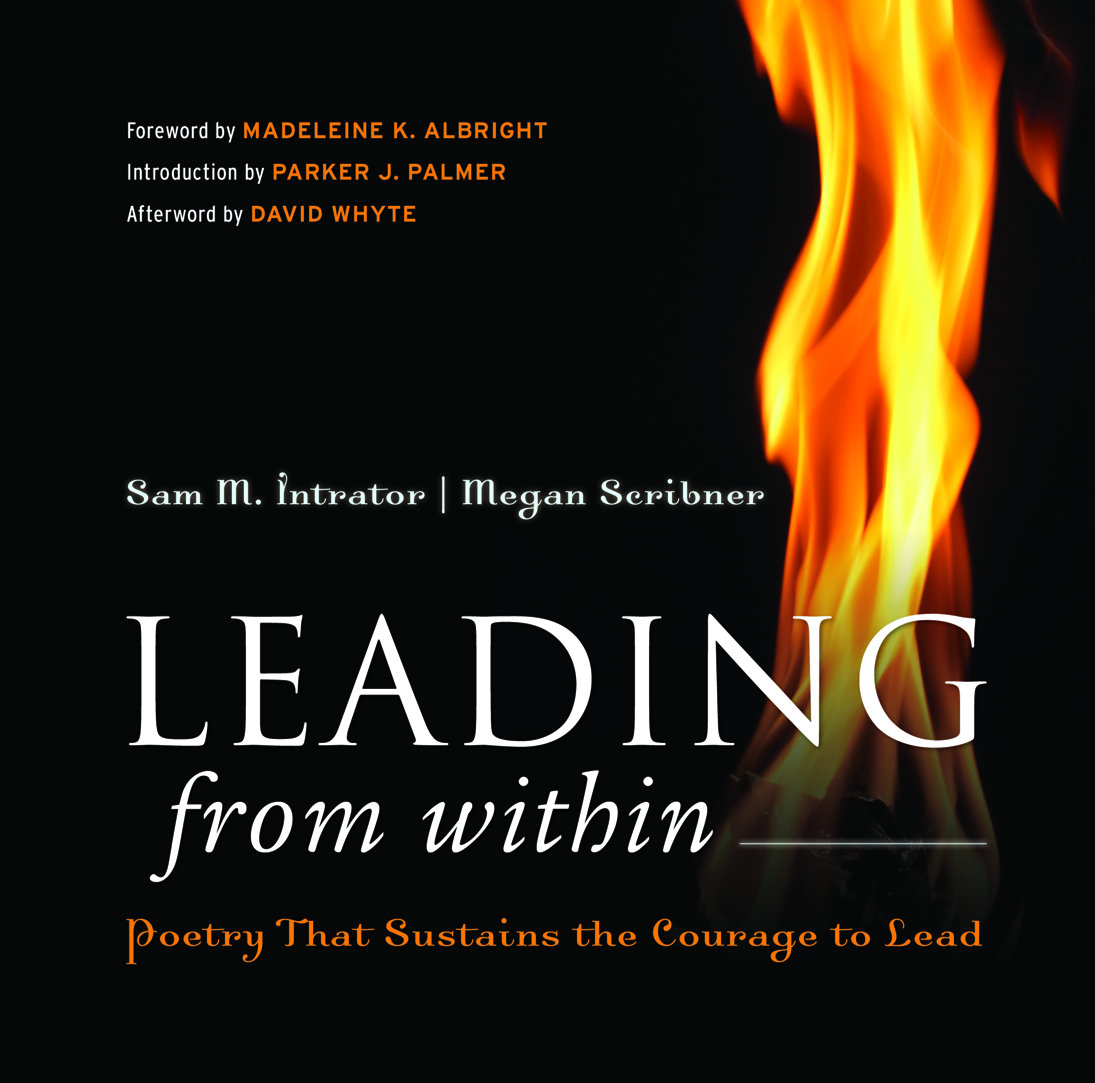![Attribution William Shakespeare [Public domain], via Wikimedia Commons. published anywhere before 1923 and public domain in the U.S. Shakespeare's Sonnets book cover](https://teachingheartfirepoetry.com/wp-content/uploads/2018/04/Sonnets1609titlepage-208x300.jpg) Capulet: But, soft! What day is this?
Capulet: But, soft! What day is this?
Paris: Monday, my lord.*
*Yes, taken out of context… but hard to resist. I hope you’ll forgive me.
Today is Shakespeare’s birthday. Or at least it’s celebrated as such. So for the last hours of this #Mindfulness Monday, we’ll turn to Shakespeare’s Sonnet 29.
Back in 2007, Orli Cotel wrote a reflection on Sonnet 29 for our book, Leading from Within. I’ve always enjoyed her reflection and how she found tucked away in this poem Shakespeare’s admission that, like all of us, he had his moments of doubt. She and I – and you – can take some measure of “solace and strength” from that. And perhaps afterward, we can find what art we too were meant to make.
Sonnet 29
When, in disgrace with fortune and men’s eyes,
I all alone beweep my outcast state
And trouble deaf heaven with my bootless cries,
And look upon myself and curse my fate,
Wishing me like to one more rich in hope,
Featur’d like him, like him with friends possess’d,
Desiring this man’s art, and that man’s scope,
With what I most enjoy contented least;
Yet in these thoughts myself almost despising,
Haply I think on thee, and then my state,
Like to the lark at break of day arising
From sullen earth, sings hymns at heaven’s gate;
For thy sweet love rememb’red such wealth brings
That then I scorn to change my state with kings.
—William Shakespeare
 Orli Cote’s Reflection on Sonnet 29
Orli Cote’s Reflection on Sonnet 29
When I first came to work at the Sierra Club, I was given the task of coordinating the media work of over a hundred grassroots organizers around the country, many of whom had been working in the field for decades and were not always receptive to the ideas of an inexperienced and energetic twenty-four-year-old. How was I, only one year out of college, supposed to effectively train people who were taken aback by my youth?
It took time for me to earn the respect of my colleagues, and in time I learned that training is as much about listening as it is about teaching.
I love this poem because it reminds me that all leaders, artists, and innovators have moments of great doubt. Even William Shakespeare was no exception. Tucked away in “Sonnet 29” is a remarkable line where he bemoans his fate, wishing he had “this man’s art, or that man’s scope.” Shakespeare’s confession to feelings of inadequacy offers me solace and strength.
I have a note stuck to my computer listing the three qualities that a Zen master once taught are necessary for progress: great faith, great doubt, and great effort. I try to remember that when I am feeling discouraged. Doubt is a natural part of my work, sometimes even a helpful one, because it forces me to reevaluate my positions.
Luckily for us, Shakespeare did not let his doubts paralyze him. He worked through them—and gave us true, deep, lasting art as a result.
—Orli Cotel







Leave a Comment